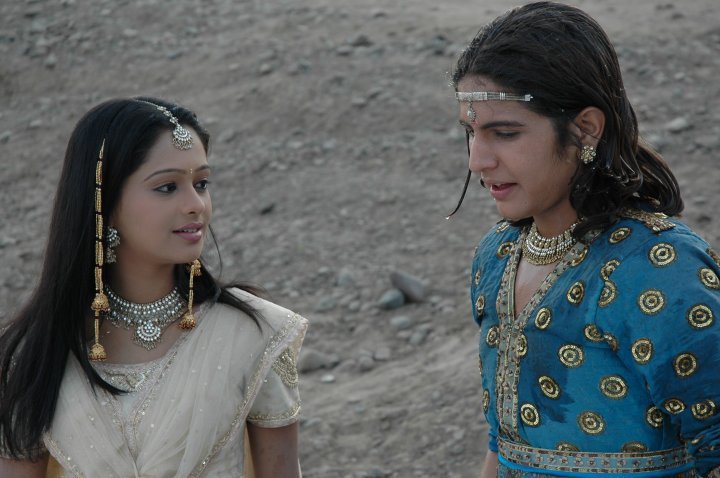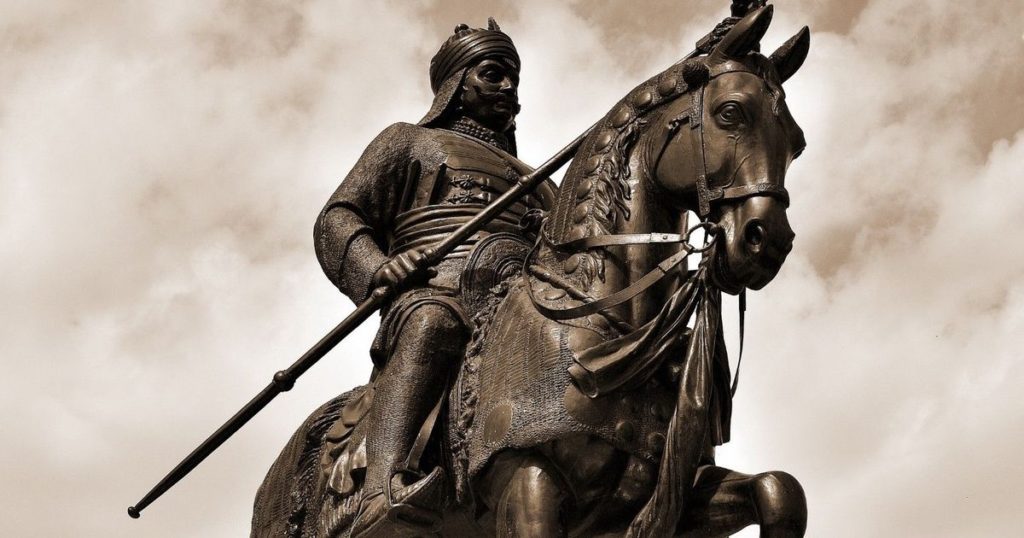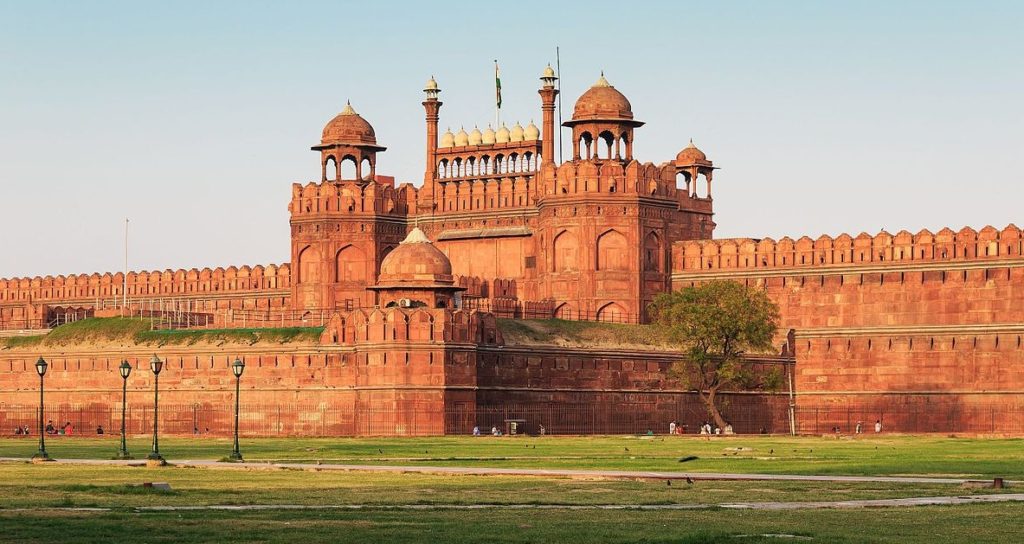Education Gaps
Education, related to our personal and professional growth, is among the basic needs. IPS officers, Managers, Lawyers, CEOs, Doctors, Engineers, Professors, Entrepreneurs, Scientists, Journalists, Writers, Geologists, and Politicians are the products of the education system. Hence, nation’s development depends on the education or learning process of its residents. The actual purpose of the education system is to turn mirrors into windows. Education plays a vital role in developing our knowledge, wisdom, behavior, ethics, values, sense of humor. What is the real scenario of our education system, and what are the significant purposes it is fulfilling now? Is Indian education system making genuinely educated Indians? What else are we getting apart from a formal degree? How many subjects and modules we usually read in our long educational career? How much we able to memorize after finishing the chapters and examinations? We forget most of them – but why? Is it our fault? There is no centralized education existed in our country. Uncounted numbers of boards are running their syllabus (and course contents) which are governed by union and state governments. India is running a crisscross education system which is putting unnecessary confusions in front of the students.
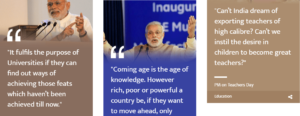
ICSE board is better than CBSE board
CBSE and ICSE boards enable their students to secure easy marks
Bihar state board is better than UP state board
Bengal board is having the lengthiest syllabus of all
South Indian boards are more efficient than the north Indian ones
What after higher secondary?
You must have heard some of these statements. None of us have a clear idea about the contents of all Indian boards as Indian state boards are running different syllabus and course contents for an extended period. This is the reason we can’t compare the education of two different states. If a Haryana student doesn’t know anything about north-eastern states, it is not his fault. The same applies if a Karnataka or Kerala student doesn’t know Rabindranath Tagore or Kālidāsa.
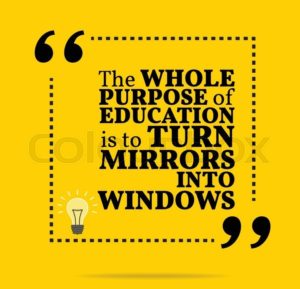
The Purpose of Education
The two most important days in your life are the day you were born, and the day you find out why – Mark Twain.
One Country, One Education
When there is a single country, why not a single syllabus with similar course contents? No matter where a student is from, he/she must have in-depth knowledge about all Indian states along with their culture and specialties. What I believe, students from different parts of the country should learn the same history or geography. Being a part of Indian education system, a student should feel proud to be an Indian and keep minimum respect for another student – whether he/she is from the same state or a different state. Most of the state boards are continuing their decade-old contents as the governments are not taking necessary steps to modify them. The chaos of profession selection is a common problem for a wide range of Indian students face after their intermediate exams.
British Government Demolished India’s Golden Education System
British decided to come to India after they found us vibrant and healthy. When British came here, more than 7 lakh Gurukuls, spread in different villages, were providing practical based education to Indian students. They planned to destroy India’s Sanskrit education system and start their own. Eighteen subjects, including Vedic Mathematics, Architecture, History, Geography, Astronomy, Astrophysics, Medicine, Surgery, Chemistry, and Metallurgy, were taught in 15 years. In ancient education, every Indian student was supposed to read a single subject at a time which would allow them to learn more and remember more. Due to that, it was easy for the students to explore the most liked subject. But our current education not allows us to read any single subject in any phase of our school education. After demolishing the Gurukuls across the country, British Govt. had started a new education system which was based on Convent Schools.

Lack of Clarity, Innovation
Lack of clarity in a student creates pressure on his/her parents. They start discussing this mess with their colleagues and relatives. It is perhaps one of the main drawbacks of our education system. One of the key responsibilities of our school education is to enable the students to know their strengths.

India Have a Mix Education System
The confusion does not end in the learning phase. India’s mix education system pushes a person in earning phase too as working professionals face the challenge of selecting the work profile. People are even changing their work profiles after working few years. Instead of telling about the expertise area of any student, our mix education system is making a wide range of graduates and postgraduates those are facing problems in selecting their respective careers. Confusion resists growth by creating unnecessary fear. Our education also lacks behind in producing patriotic professionals.


India Need a Centralized Education System
The course is somehow made to give overall knowledge to all the students but having different councils and state boards the basic or fundamentals varies from place to place, states to states, councils to councils. Such unscientific way of teaching actually creates gaps between the students of two councils or states. A standard way of learning is most developed soon to make all students equally trained form any plans. To make a better India for our next generation, we need to take some courageous steps in modifying our education system. Don’t you think the necessity of a centralized education system? Similar to GST, India need an education system which is based on a single syllabus and course content. Our education system should be based on our national language Hindi, aligning English as the second language, and regional language as the third language. A practical based education is desired. If the modified education system includes sex education, it is likely to reduce sex-based crimes in a specific ratio.
The Role of Sex Education
We, the Indians, have lack of knowledge and wrong myths about sex. It is because of the unavailability of sex education, and there is no doubt in this fact. In the developed countries, schools and colleges are considered as the central hub for sex education where India lacks behind. Sex education enables the teenagers to take accurate decisions relating to their association with people of the opposite gender. Hence, it decreases the hazards of adverse sexual behavior and enhances the value of relations. As per a survey conducted by The Week magazine, 38% of women men admitted that they had pre-marital sex whereas 69% of men had the same experience. If we consider 16-19 age group, 45% had pre-marital sex and at the same time, 27% were 15 years or below and 28% of the participants were 20 years or elder. “Boys do not come out in the open and report instances of sexual abuse. Even our studies on sexual abuse of girls in Mumbai have shown that most of the offenders were known to the victim, be it the neighbors, family friends, and cousins,” said Trupti Panchal, in charge of the special cell for women and children at the Mumbai based Tata Institute of Social Sciences. “We have seen that the problem is secular in nature but it exists everywhere. The details change, such as in slums the children are easily available, whereas in flats space is available, says Vidya Apte,” Forum against Child Sexual Exploitation founder said.

India Need Smarter People to Teach
Indians were always ahead then the Europeans till the middle age but regular, consistent foreign attacks somehow brooked backbone of our civilization, and we started lagging behind. Previously all parents used to send their child to the best Acharyas (Teachers), but in the modern age, the best creamy portions of educated students never enter in the education system and thus the system runs by the less intellectual peoples, which directly influences the production quality.
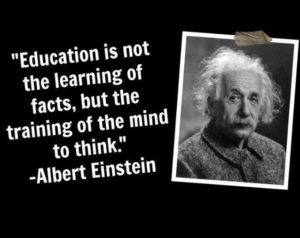
Why Finding Dream Job Remains a Struggle in India?
For many Indian students, there is a gap between their aspiration and the reality of job market. India’s higher education system, which is lacking behind professionalism, has to transform in some critical areas to solve the omnipresent work-readiness crisis. Our college education system is preparing the students for academic disciplines, not for the workplaces. It has to offer some competency-based learning which will open up the earning opportunity for the outcomes – the passed out graduates. So to fix this crisis, Indian universities need to adopt competency-based learning. Competency-based learning is basically a concept that has taken off in the US where students would have to identify their skills and competencies. Once recognized, they would take appropriate courses which are inclined to their strengths and interests. In that scenario, they would need to imbibe competencies required for workplace effectiveness – such as self-awareness, strategic thinking, problem-solving, time management, professionalism, grooming, computer skills, written & spoken communication. Our education system and family set-up often ignore the direct link between student’s interest and personality traits in a job. How they are taught is equally important even if students are being imparted the right concepts. A significant number of colleges see poor attendance because students cannot sit through a lecture. Students will take the classroom and be able to transition easily from their college education to the professional world if they are taught to drive their learning as opposed to being passive observers in the classroom. It is apparently not possible to spoon-feed the college students. That’s why project-based learning and holistic assessments are necessary. However, the burden is not just on colleges. Upgrading our education system in isolation will not be enough to bridge the gap because of the sheer volume of graduates. Enough premium jobs don’t exist in India which is perhaps one of the less-discussed issues.

Is It Possible to Change Career Direction After a Graduation?
You are welcome if graduation was a just-completed event of your life and you are doubtful about the postgraduate degree to be pursued. You don’t know the graduation you are pursuing or already sought is suitable for your long-term career or not. Maybe you have prosecuted it initiated by your status symbol or family pressure. You even don’t know will you be happy enough to dedicate yourself towards the same direction or not. You need particular attention in selecting the stream of your next-stage education. Perhaps you need a change at this point. The confusion is usually because you are in the last stage of your career. If you are thinking about a change, the first thing you are urged to do is to find the pros and cons. Finding the positives and negatives is the preliminary stage of the step you are about to take. That’s why how to choose a postgraduate course is going to be discussed here, throughout this article, instead of addressing the change or addition process. Your life is an enormous canvas which begins at the beginning point of a blank storyline. You are the sole painter of the story to be written in your shade, and you are instructed to do it in the best possible way you can do it. You are the master of your destiny. The journey of life, that’s why, invites you to define the rights and wrongs. It is not wrong if you are taking a constructive step in the promotion of your career. Maybe the determination and replacement of corrupt elements are the actual purposes of human life. The graduation course you have completed has given you enough maturity to decide what to do after graduation. Even if it is a one-year diploma course, two-year specialization course, three-year specialization course, or a six-month certificate course, it is vital for you.
The only way to do great work is to love what you do. If you haven’t found it yet, keep looking. Don’t settle. – Steve Jobs.
Don’t you think the 3 Idiots film tells us the same philosophy? Would you really enjoy spending your professional life with the current track? You are the only person who is responsible for deciding whether your educational path is accurate or inaccurate. If it doesn’t fulfill your soul or not comfortable for you, it’s incorrect. Making the right choice in selecting the area of specialization is important. A small change can make significant differences in this direction. Prominent name in western theatre George Bernard Shaw had given us an elegant viewpoint – life isn’t about a finding, it is a creating philosophy. So, there is nothing wrong to continue the current track without any change. It is also right if you continue it after making a little change in the area of specialization.

